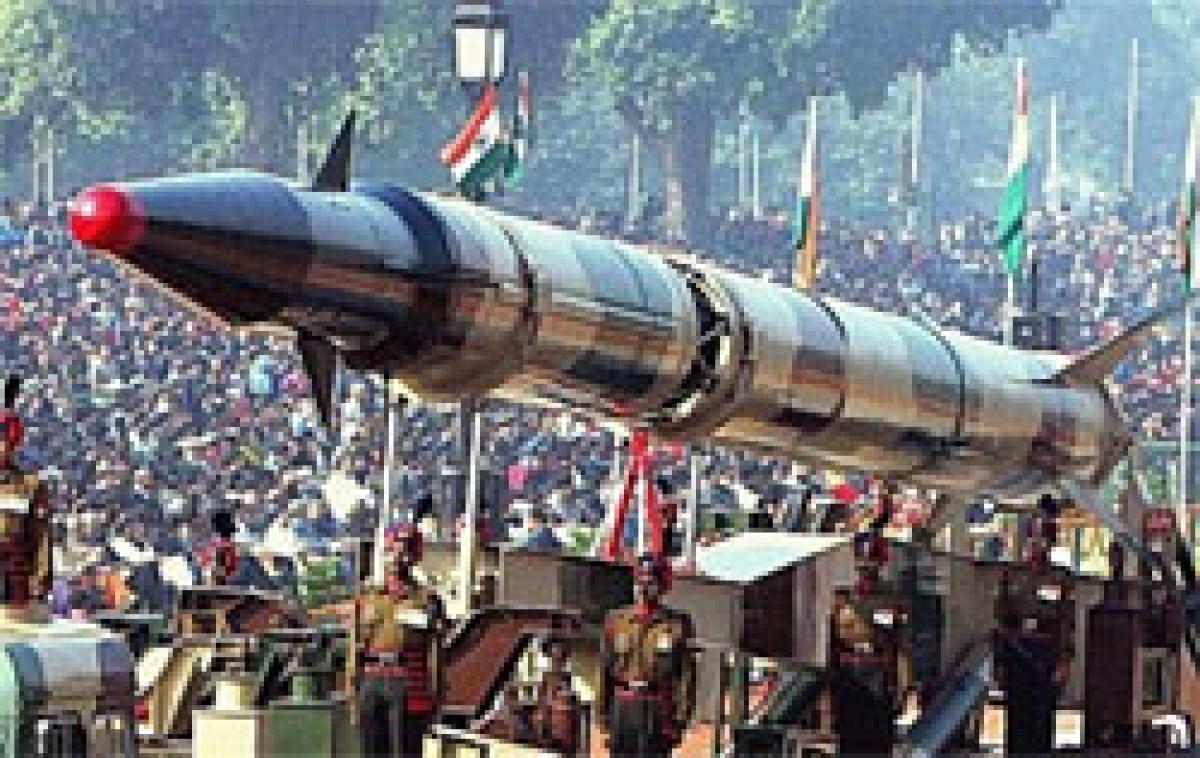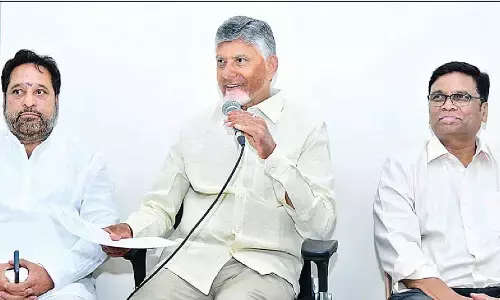 Seeking to be strategically pre-eminent power in South Asia and beyond, India is increasingly striving to hold sway over the whole Indian Ocean Region (IOR) through trade, investment, diplomacy and strategic partnerships with neighborhoods. Geographically, India is in a unique position with its interests and concerns straddling across the regional sub-systems.
Seeking to be strategically pre-eminent power in South Asia and beyond, India is increasingly striving to hold sway over the whole Indian Ocean Region (IOR) through trade, investment, diplomacy and strategic partnerships with neighborhoods. Geographically, India is in a unique position with its interests and concerns straddling across the regional sub-systems.
A scant look at geographical sketch helps understand its geographical foothold in IOR. The country juts approximately 2,000 kilometers into the ocean like a tongue from the North into the center of the region with a total of 4,500 mile-long-coastlines facing East and West, and conducts nearly 40% of its trade with littoral countries.
Such a unique geographical positioning forms the cornerstone of India’s aspiration to dominate the ocean.
Moreover, geographical proximity to major shipping routes entices the country into being obsessed with the idea of “strategic autonomy” in IOR. Security partnerships with and increased investments in infrastructural projects in IOR countries are projected to enhance India’s influence, thus assuring its defense and economic security.
It has also begun organizing annual naval drills in the ocean area with such extra-regional powers as France (VARUNA, since 2002), the United States (MALABAR, first in 1992 and again regularly since 2002), Russia (INDRA, since 2003) and the United Kingdom (KONKAN, since 2004) in the hope that such strategic engagements would reinforce its own standing as a resident power in the region.
It is worth mentioning, however, that the United States re-balances its global engagements to recognize the growing importance of Asia-Pacific region, as part of which it is now seeking to strengthen Indo-American strategic partnerships based on a realistic assessment of short- and long-term objectives. This is true particularly for the Indian Ocean region where India has already begun to assert a more pronounced presence than before, and where the United States likes India to become a “net security provider”.
But, for India, to become a net security provider or strategically autonomous would not be that easy because it still lacks financial capacity and military logistics as required to independently provide maritime security in the whole IOR. In consequence, this might be leading India to engaging in security cooperation with its allies, undermining the vision of achieving strategic autonomy and over-lordship. Thus, an insistence on strategic autonomy now acts as a significant constraint on India’s influence in the region.
There arises a question as to how India would exercise leadership. Many argue that it will achieve a dominant strategic role through demonstrating benign and principled leadership as what New Delhi is now calling the region’s “main resident power”. If, however, India is to play a role as a main resident power or a net security provider, it will have got to relinquish all traditional rivalries with China and Pakistan, but it is still less likely that India would do so thus putting again a constraint on the way to its vision. On the other hand, it is India’s instinct to try to exclude extra-regional powers from the Indian Ocean, previously the United States and now China, while many small littoral countries view the presence of countries like the United States, Pakistan, and also China as enhancing their security. So, these all lead to a consideration that India stands in the region with some discrepant postures and still plunges into paradoxical policy.
The provision of security, however, on a unilateral basis is becoming more and more untenable in the very intricate context of Indian Ocean even for great powers like the United States so India will be expected by others to demonstrate cooperative regional leadership. The sooner New Delhi understands this reality, the better for effective maritime security cooperation between the regional and extra-regional stakeholders in IOR.
Tanbir Uddin Arman

 Seeking to be strategically pre-eminent power in South Asia and beyond, India is increasingly striving to hold sway over the whole Indian Ocean Region (IOR) through trade, investment, diplomacy and strategic partnerships with neighborhoods. Geographically, India is in a unique position with its interests and concerns straddling across the regional sub-systems.
Seeking to be strategically pre-eminent power in South Asia and beyond, India is increasingly striving to hold sway over the whole Indian Ocean Region (IOR) through trade, investment, diplomacy and strategic partnerships with neighborhoods. Geographically, India is in a unique position with its interests and concerns straddling across the regional sub-systems.
















